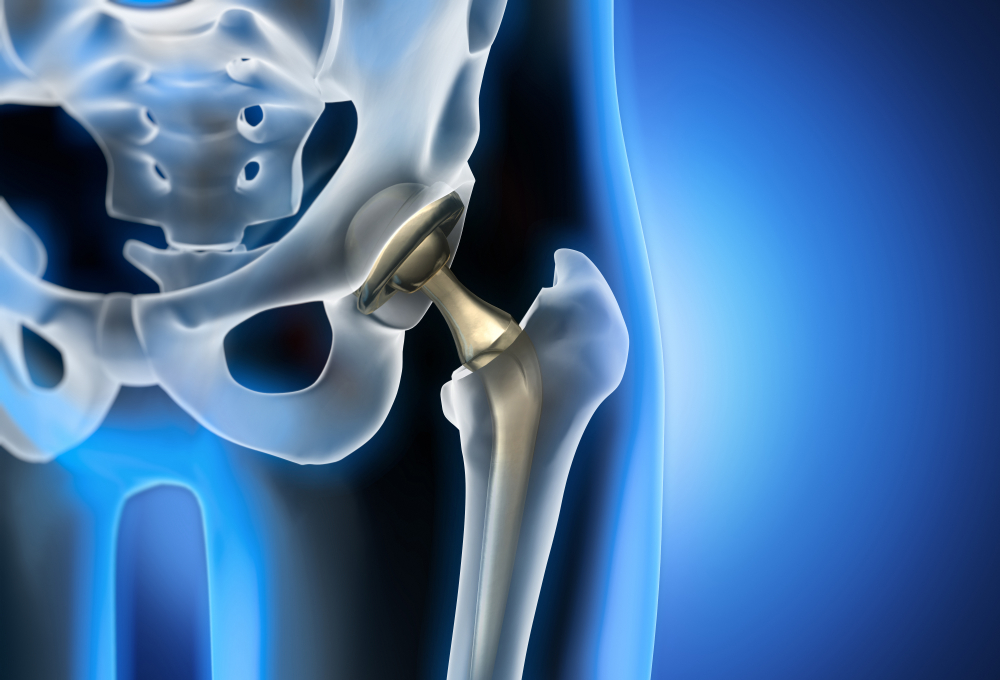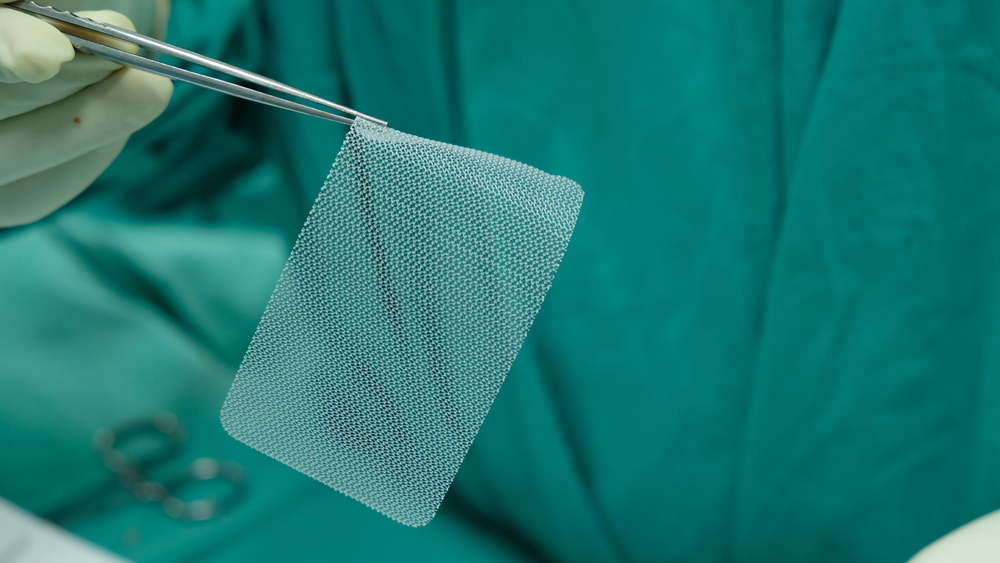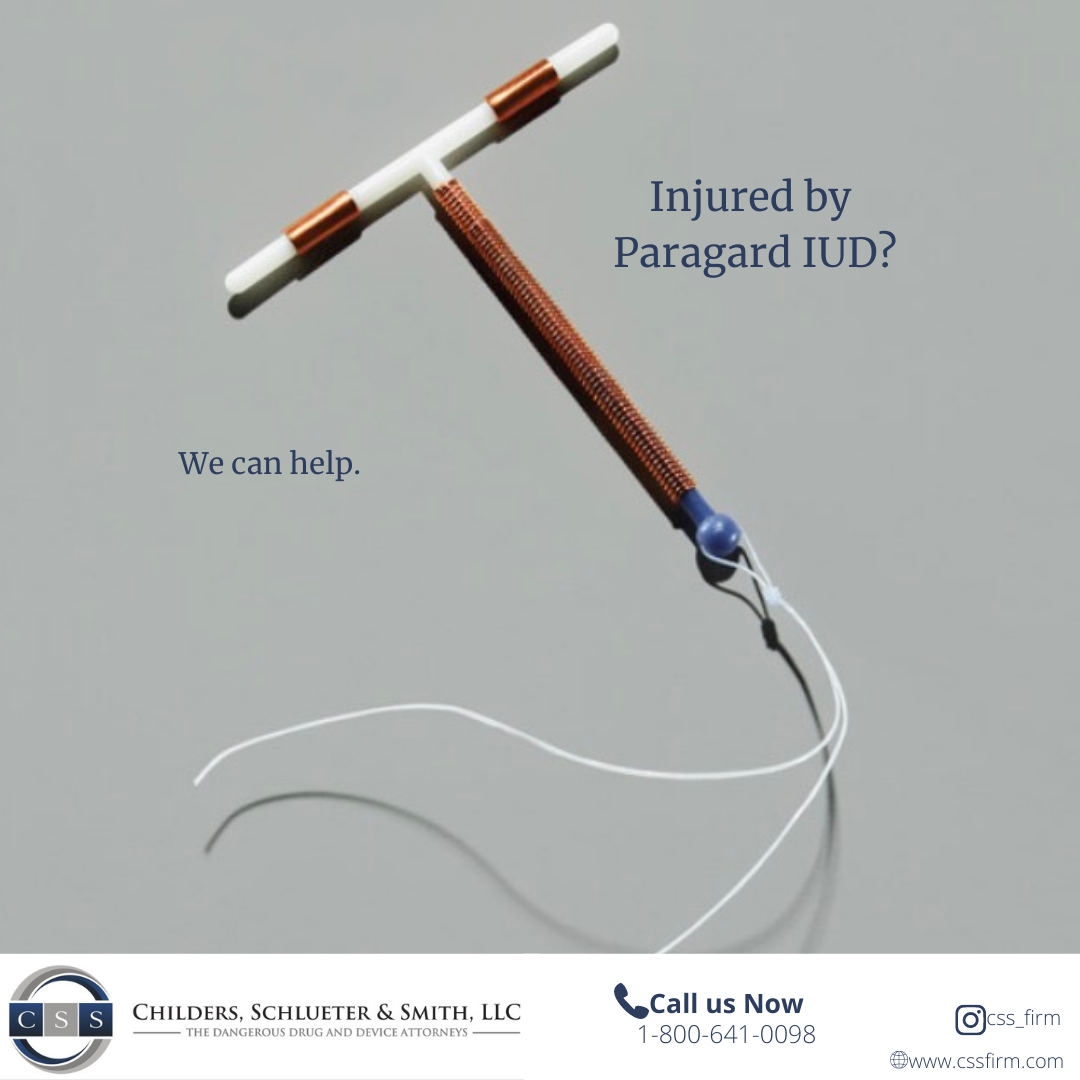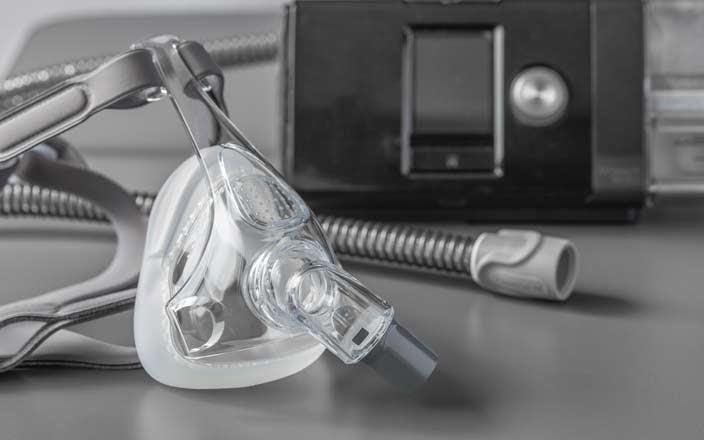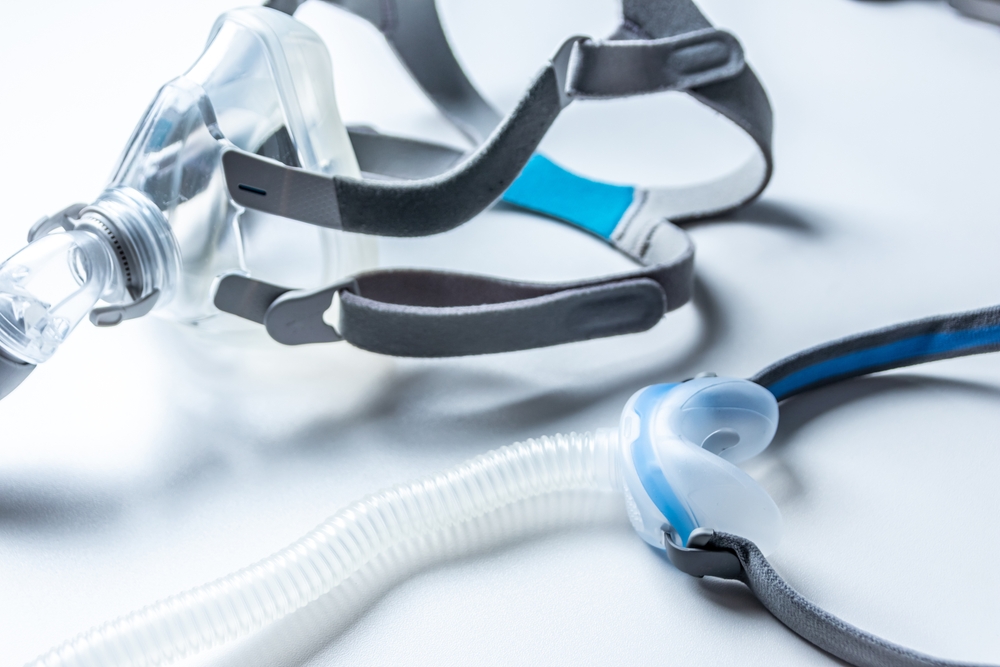The U.S. Food and Drug Administration (FDA) issued a warning on March 15, 2021, advising patients and medical providers regarding a higher-than-anticipated risk fracture of the polyethylene component of the Stryker Scandinavian Total Ankle Replacement devices (STAR Ankle). Should the component break, repair surgery or device replacement could be necessary.
According to the FDA, the potential risk of fracture of the polyethylene component is present in all STAR ankle devices, regardless of manufacture or distribution date. However, the FDA says the STAR Ankle may still be useful for patients with lower activity levels, but those who lead active lifestyles or are younger than age 55 may be at higher risk for plastic component fracture within three to four years of implantation.

Stryker STAR Ankle Replacement Device
What is the STAR Ankle Replacement?
The STAR Ankle replacement is meant to be used as a total ankle prosthetic, replacing the painful, arthritic ankle joint present in a patient who has been diagnosed with osteoarthritis, rheumatoid arthritis, or post-traumatic ankle arthritis. The device is composed of a tibial plate, a sterilized polyethylene component, a talar component, and is designed to allow for some normal ankle movement and function.
The FDA has made recommendations for those who already have a STAR Ankle, or are considering having one implanted:
- Talk to your doctor if you experience any new and increasing pain, inability to support weight, grinding or other noise, or instability in the STAR Ankle replacement.
- Ask your medical provider to perform a physical exam of your ankle and take X-rays to assess your STAR Ankle. Computed tomography (CT) may be warranted to determine whether the plastic component is broken.
- If you experience a problem with your STAR ankle replacement, report the issue through the FDA’s MedWatch Voluntary Reporting Form.
Caregivers should discuss the risks and benefits of all treatment options for painful arthritic ankle joints, including the STAR Ankle, and should closely monitor patients who have had the device implanted. Prompt reporting of problems with the device can help the FDA identify its associated risks and keep the public informed.
Our attorneys at Childers, Schlueter & Smith have extensive knowledge regarding defective medical devices, and may be able to help you through your situation. If you have sustained injuries from a defective product, give us a call for a free consultation.

